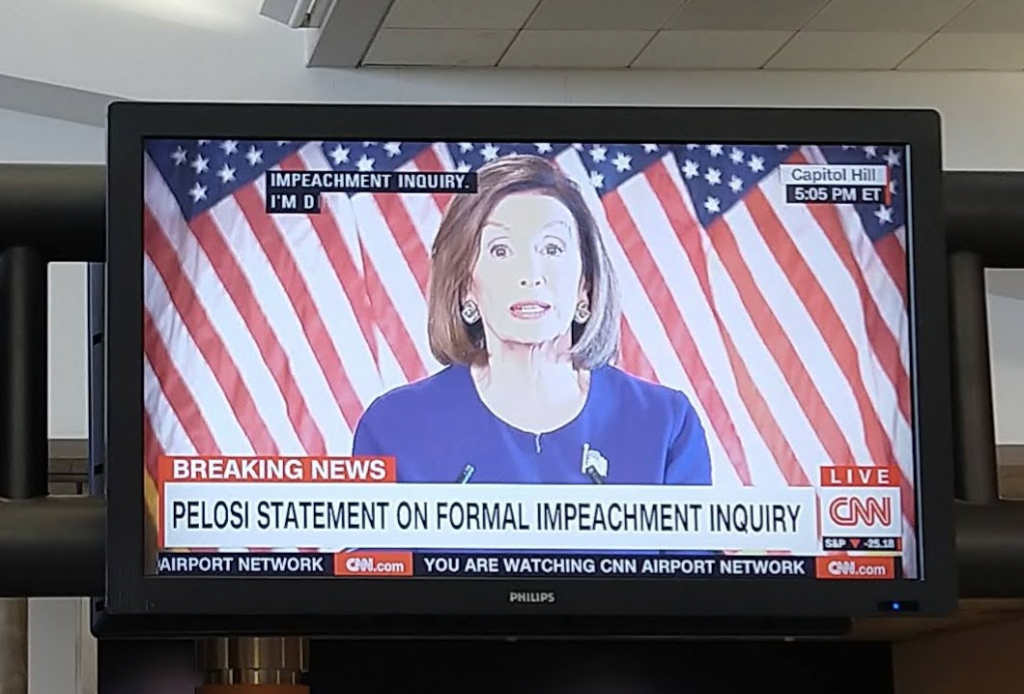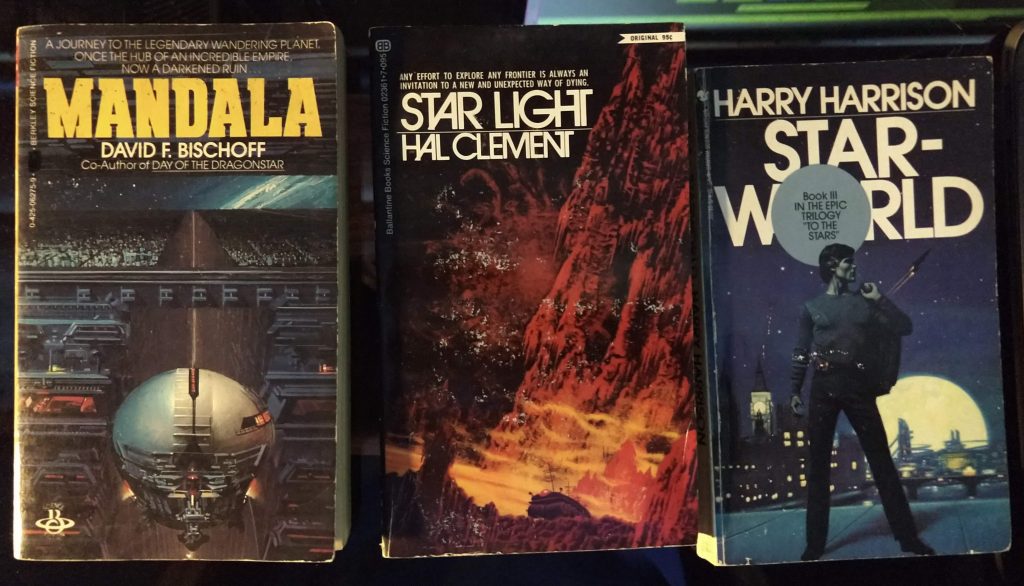I started watching pinky violence films of the 60s/70s a few years back and over time built a large collection of DVDs of probably the most popular, and most accessible. The genre is listed as sexploitation, but they’re really just female gang oriented with little content that’s erotic or even erotic-adjacent. Many films in the genre are part of different series, each showcasing the same lead character across films. The DVDs I have include some complete series, but certain entries have been impossible to find. The two I just obtained were this one, the first of four Delinquent Girl Boss (Zubekô banchô) movies, and Girl Boss: Revenge [ 1973 | Wikipedia | IMDB ], the fourth of seven Girl Boss (Sukeban) movies. Somewhat confusing, I know.
Continue reading Delinquent Girl Boss: Blossoming Night DreamsOrchestral Study #10 (rupture, slowed down and from different angles)
- Orchestral Study #1 (flowing and hymn-like)
- Orchestral Study #2 (driving and chaotic)
- Orchestral Study #3 (adagio with melisma)
- Orchestral Study #4 (allegro)
- Orchestral Study #5 (variations)
- Orchestral Study #6 (space)
- Orchestral Study #7 (dialogue)
- Orchestral Study #8 (toccata)
- Orchestral Study #9 (seven interludes)
- Orchestral Study #10 (rupture, slowed down and from different angles)
- Orchestral Study #11 (a crowd, disassembled)
- Orchestral Study #12 (thesis)
I approached this a little lost after #9 because its abundance of ideas in a way drained my creativity. But then a line in Piston’s Orchestration got me started, from the section “Types of Texture – Type VII, Complex” where he describes how the previous discussed types of texture–unison, melody, counterpoint, chords, etc.–can be combined simultaneously. In detailing examples of the complex type, he described a section of Rite of Spring as a “tapestry of sound.” He then organized the 31 parts in that section (page 9 of the edition he cites) into 11 groups of greater and lesser importance, emphasizing the subjectivity of that grouping and the utility of the exercise for becoming more proficient in orchestration.
I did not go in that direction (and honestly don’t think I’m quite ready).
The intent then became a piece with the structure: complex stacked chords, then melody, then twittering chaos in woodwinds (cf. #2 starting at measure 44). But plans develop as ideas become concrete, and the melody I wrote was completely abandoned, and I adjusted a bit as new ideas developed.
- Quiet, spare opening statement, percussion
- A section
- Stacked chords, heavy dissonances
- Stacked chords, oboe solo with clarinet accompaniment, arrhythmic
- B section
- Stark change, build up from spare silences
- The aforementioned “twittering chaos”
- A section, return
- Return to chord progression from #2, quieter, more consonant, and with reduced orchestration
- Progressing to white noise and end
I feel like my percussion writing, although using the same timpani/cymbal/triangle (minus snare), has gotten more nuanced since I started using percussion in #8. The twittering chaos is very satisfying to write but takes exhausting focus (“I love having written but hate writing” amirite?). It feels like there are dozens of rules I’ve learned from writing this piece concerning dissonance and instrument combination, but that they are more internalized than they are expressible. It’s also becoming more apparent, from the last couple of pieces, that I’m writing for MIDI orchestra and not orchestra orchestra. That is an issue, without learning the instruments and having actual ears-on sessions, that may be un-fixable.
I’ve thought impressionism and minimalism for next month, but not sure.
orchestral-study-10Where was I?
On Tuesday 24 Sep 2019, Nancy Pelosi announced the beginning of an impeachment inquiry against Trump. Two days prior, we were in Philadelphia and toured Independence Hall where the Constitution was adopted and the first peaceful transfer of power occurred. I’m a little bit anti-nationalist and it was moving beyond expectations. At the exact moment we were picking up our luggage at Hartsfield-Jackson, her announcement was being broadcast.

Orchestral Study #9 (seven interludes)
- Orchestral Study #1 (flowing and hymn-like)
- Orchestral Study #2 (driving and chaotic)
- Orchestral Study #3 (adagio with melisma)
- Orchestral Study #4 (allegro)
- Orchestral Study #5 (variations)
- Orchestral Study #6 (space)
- Orchestral Study #7 (dialogue)
- Orchestral Study #8 (toccata)
- Orchestral Study #9 (seven interludes)
- Orchestral Study #10 (rupture, slowed down and from different angles)
- Orchestral Study #11 (a crowd, disassembled)
- Orchestral Study #12 (thesis)
I came in with the intent of exploring a more atonal, pointillist style, to move in the direction of Elliott Carter in texture but without the metric modulation. Then after finishing the first statement, I had the idea to use that statement as simply the first of a set of pieces in different styles. Short preludes or interludes. The prime number seven jumped into my head, and the basic ideas for all but #6 were pretty clear from the start.
- (00:00) Pointillist emphasizing timbre
- (00:34) Lyric/impressionist, wistful
- (02:11) Bright percussive
- (03:53) Driving percussive
- (05:03) Spare with silences
- (06:33) Vivace, humoresque
- (07:41) Descending lines, from plaintive to content
Total time: 11:44
#s 1 and 5 are in an atonal language that I’ve dipped into before and am really loving. Again, I use Carter as the jumping off point.
#2 is where I wish I could write long, romantic melodies. This ends up being a little 70s-movie-music-trite, but still has its moments.
#s 3 and 4 continue with a percussion language I learned in study #8. The percussion parts come very naturally, but I worry that they appear as both a repetition of ideas across the different pieces, and as too chaotic in expression, not complementing the rest of the orchestra.
#6 was a good lesson in sticking with a difficult piece until you find a solution to what’s blocking you. (For study #5 that solution never came, but it was still worth the failure.) In this interlude, I was stuck for a couple of days after the first statement and finally came up with a framework of scales that shift diatonic key every few notes. It gives a nice, non-dissonant atonal hum without being a generic octatonic or whole tone scale.
The concept for #7 was there from the beginning but, as is common, ended up manifesting a wider range of ideas than I expected. The surprise achievement: I approached the noisy beauty of Schnittke that I thought I’d never get to. Really very, very happy with that. (And, surprise! metric modulation made an appearance.)
I ran over time this month just because of the volume of ideas (which really should have been explored more fully on their own), and also because even though I was “finished” about a week ago, several felt jarringly abbreviated so I returned and fleshed them out. I have never regretted revisiting and extending a piece.
Not sure where this goes next. I’m again drawn towards the atonal pointillism of #s 1 and 5 (this is the same intent I had at the end of last month).
orchestral-study-9Three pulp sci-fi novels (set #5)
Updated 19 Jan 2020 (Star Light)
Updated 4 Aug 2021 (Starworld)

Visited Mostly Books while in Philadelphia the weekend of Lisa’s b-day. It’s like walking through an old house of a book hoarder. Stacks and stacks! Went looking for the books I spotted randomly at the bar Writers Block Rehab the previous night (The Infinite Man and The Lonely City, they had several shelves on display) and ended up just going with another set of sci-fi.
Updated 4 Aug 2021 (Starworld)
Good, if a bit rushed space opera that maybe would have benefitted if I had read the first two in the series. Colonist/farmer returns to a despotic Earth to free the universe from its exploitative rule; all planets and colonies are in current rebellion. The colonist drops into an information-deprived Earth whose citizens know little about the span of the rebellion, some who hope to rebel themselves. There are deep dives into racist America, hints at Iron Curtain-like oppression, and an Israel that plays a key role as an isolated pocket of freedom. Yes, this book is a product of its time and, let’s say, Has Some Opinions.
My (so far) final act of Johnny Appleseed-ing books at random locations around the world, I left this in the Little Free Library in front of the Midtown Marta station. More mundane than a Vespa seat in Sydney or a hospital in Curacao, but the fact that it was gone the next day was the first instance where I observed appreciation for my Guerilla Distribution Network. A fitting end (so far…).
Continue reading Three pulp sci-fi novels (set #5)